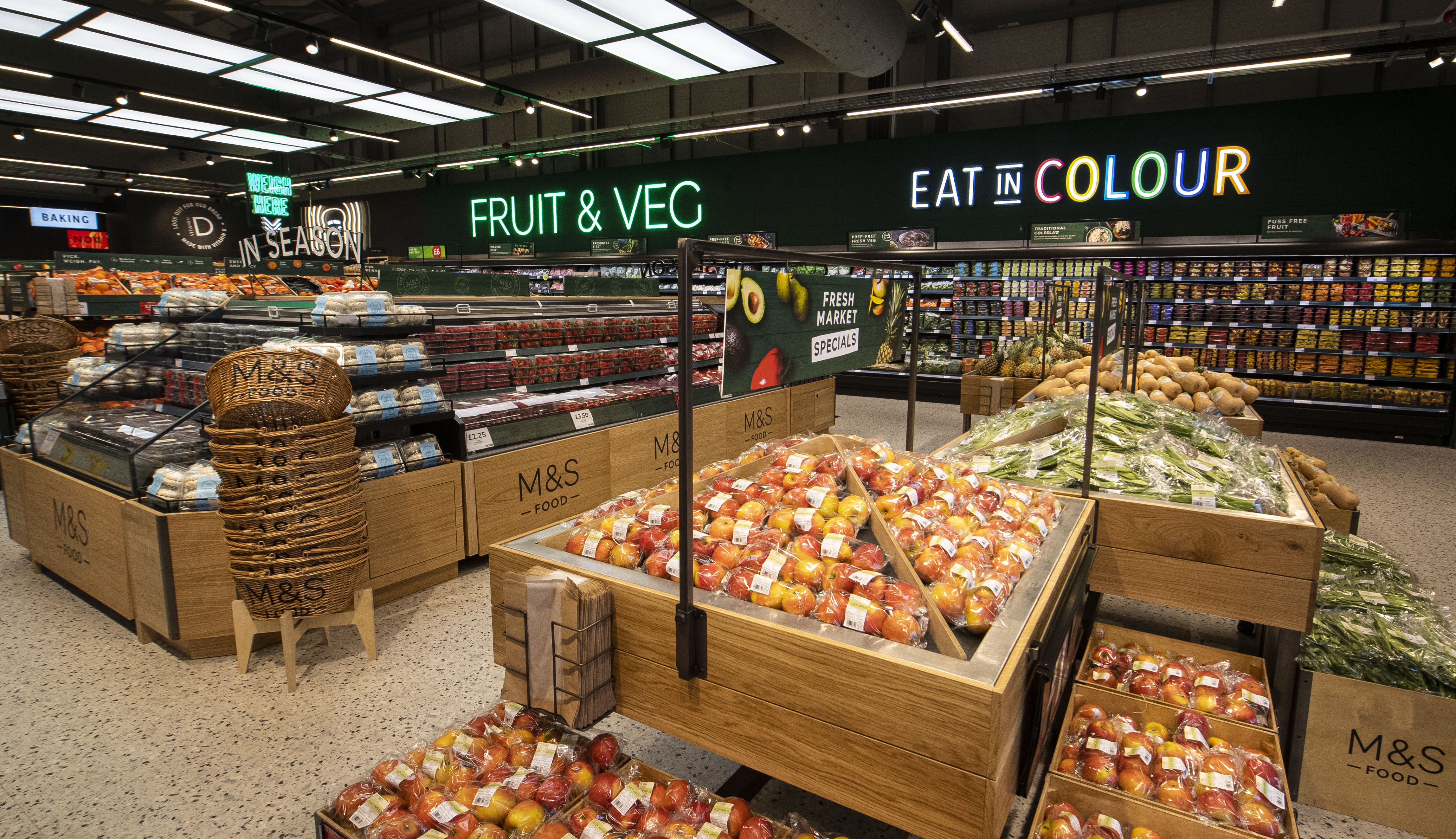Marks & Spencer (M&S) has announced a 58 per cent increase in profits thanks to its Reshape for Growth strategy.
The company said that over the past two years, the strategy has delivered growth in sales, market share, margins, return on capital and free cash flow.
In the 52 weeks to 30 March 2024, pre-tax profit before adjusting items rose to £716.4 million compared to £453.3 million in the previous year.
On a statutory basis, pre-tax profit grew to £672.5 million from a previous £475.7 million.
M&S said that investment in store rotation and the end-to-end supply chain is beginning to produce results, with the modernisation of its supply chain leading to growth and improved stock flow.
The company added that it has now seen 12 consecutive quarters of sales growth, making the business “more relevant, to more people, more of the time.”
Across the year, total sales at the retailer rose by nine per cent to £13 billion.
Food sales rose by 13 per cent giving an adjusted operating profit of £395.3 million, while clothing and home sales leapt by five per cent, yielding a profit of £402.8 million.
Online sales also grew by almost eight per cent, with more shoppers using its app to purchase items. M&S said that the platform accounting for 44 per cent of online orders compared with 37 per cent in 2023.
The company added that it sees “substantial opportunity” to further improve its app experience.
In January, M&S appointed Rachel Higham as chief digital and technology officer and Mark Lemming as managing director of international as part of its efforts to drive its transformation.
Commenting on the news Stuart Machin, chief executive at M&S said that despite its strong results there is still work to be done.
“We have made progress on ‘hardwiring’ sustainable change – how and when we execute our strategic priorities – with progress in store rotation and supply chain,” he said. “However, we need to move faster and be ruthlessly challenging on the areas where progress has been slower, building a more effective digital and technology infrastructure, accelerating the move to a truly personalised customer experience, and resetting priorities in international.”
Latest News
-
Morrisons deploys real-time engagement platform in stores to boost personalised promotions
-
Frasers Group acquires majority stake in Italian sports retailer Maxi Sport
-
Lidl invests £29m in latest pay increase
-
Casino Group signs long-term agreement with Spar
-
Extra Shop rolls out electronic shelf labels
-
Evri launches new scheme to upskill workers in AI and data
Beyond Channels: Redefining retail with Unified Commerce
This Retail Systems fireside chat with Nikki Baird, Vice President, Strategy & Product at Aptos will explore how unified commerce strategies enable retailers to tear down these barriers and unlock new levels of operational agility and customer satisfaction.
The future of self-checkout: Building a system that works for consumers and retailers
In this webinar, industry leaders discussed what the future of self-checkout looks like and how retailers can make the technology work for everyone.
© 2024 Perspective Publishing Privacy & Cookies










Recent Stories